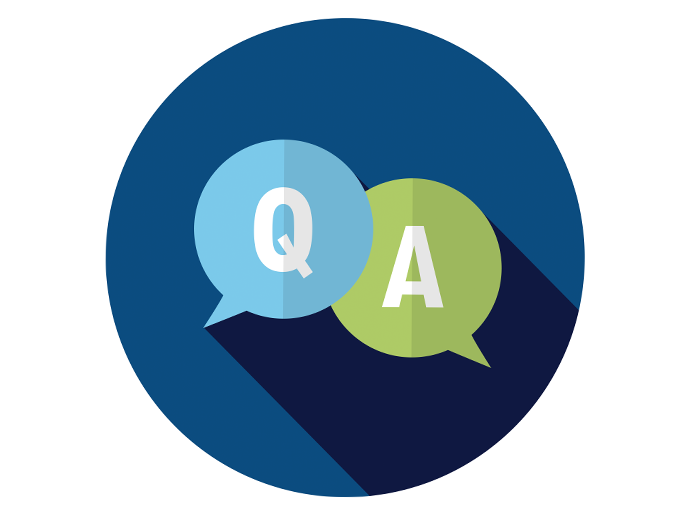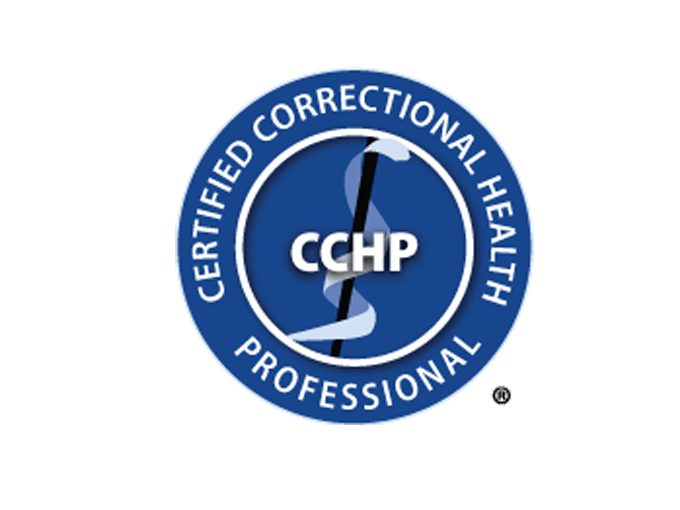
Standards Q&A: 75% Custody Health Training Requirement
Does the 75% requirement refer to all custody staff or only those working during
Home Oxcarbazepine & Carbamazepine Interact With HIV Meds
 Jul 8, 2021
Jul 8, 2021Since HIV and serious mental illness are both common in the incarcerated population, it is important to understand a dangerous interaction between many HIV medications and two antiepileptic medications, oxcarbazepine and carbamazepine, that are sometimes used to treat psychiatric disorders.
HIV is a common chronic illness in prisons and jails. According to the Bureau of Justice Statistics, at the end of 2015, 1.3% of individuals in the custody of state and federal correctional authorities had been diagnosed with HIV — many times higher than the percent of nonincarcerated people in the United States living with HIV.
People with HIV also have higher rates of serious mental illnesses, including schizophrenia, schizoaffective disorder, bipolar disorder, major depression, and obsessive-compulsive disorder, than the general public. The American Psychiatric Association reports that rates of HIV infection and transmission among people with serious mental illness are as much as 76 times higher than the general population.
When people are incarcerated, their medications are sometimes changed due to expense or availability. Unfortunately, that creates the possibility for a potentially devastating drug interaction for people with HIV who are being treated with antiretroviral therapy, as many are.
Oxcarbazepine, dispensed under the brand names Trileptal and Oxtellar XR, is an antiepileptic medication that works in the brain to prevent and control seizures; it is sometimes, though rarely, used for mood and/or psychiatric disorders in the nonincarcerated population. We have seen it prescribed in jails as a mood stabilizer, despite Department of Health and Human Services recommendations against its use for people with HIV who are on ART.
Oxcarbazepine has a substantial risk of drug interactions; for people taking HIV medication, the interaction can be significant – reducing the levels of HIV medications and risking breakthrough HIV levels, HIV viral resistance, and treatment failure.
Carbamazepine, sold under the brand names Tegretol XR, Equetro, Tegretol, Epitol, and Carbatrol, is another antiepileptic that is used more commonly than oxcarbazepine outside the correctional system. It has a similar mechanism of action and similar high potential for drug interactions, and also leads to decreasing concentrations of ART during coadministration.
Bottom line: Avoid both oxcarbazepine and carbamazepine in patients on ART.
Rebecca Scharf is a student at Tufts University School of Medicine; Katlyn Grossman, PharmD, is clinical pharmacy specialist at Tufts Medical Center; Alysse Wurcel, MD, MS, is assistant professor at Tufts University School of Medicine.


